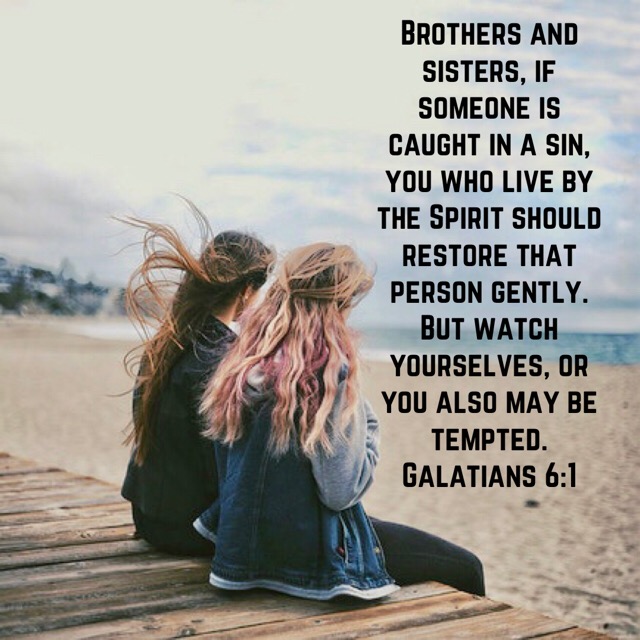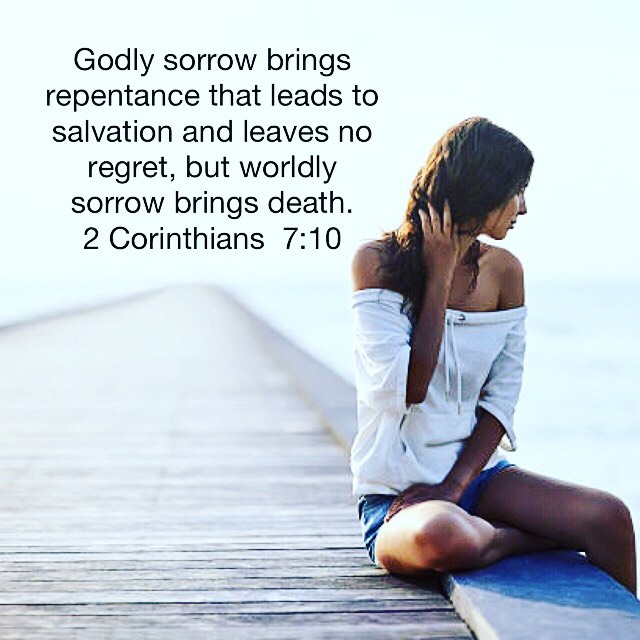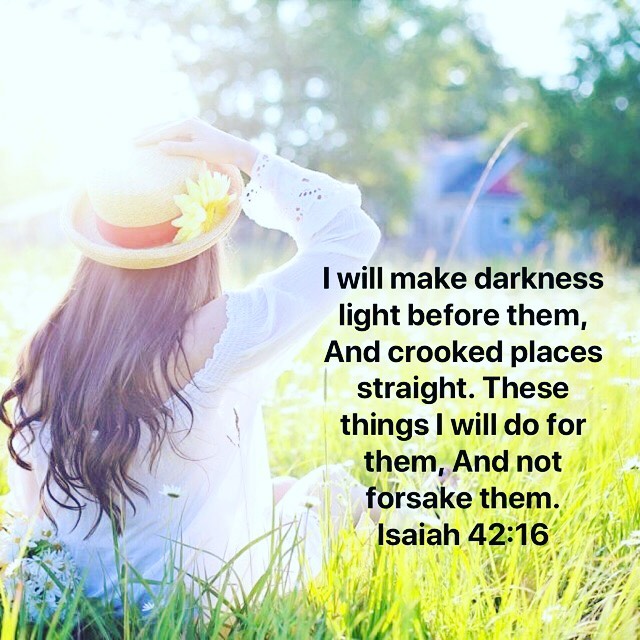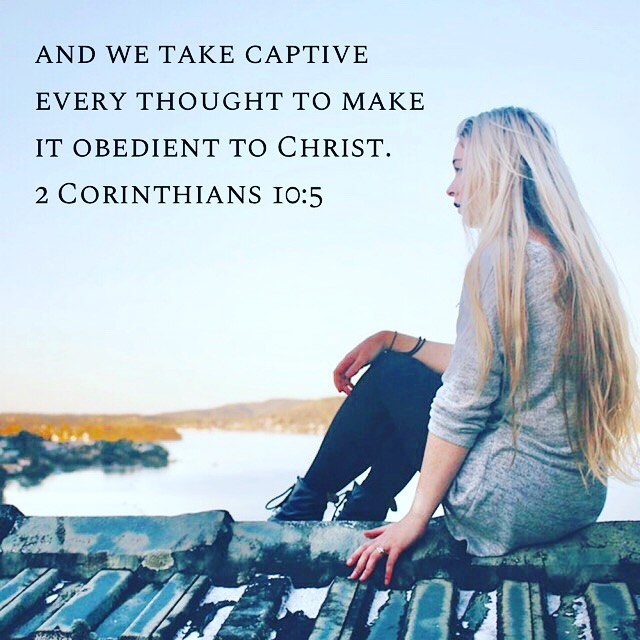 There are a plethora of self-help books available offering various theories and approaches to dealing with the rooted issues of negative emotions and behaviors. Modern day psychology is valuable in understanding the soul (mind, emotions, and will). This is the area that gets sick.
There are a plethora of self-help books available offering various theories and approaches to dealing with the rooted issues of negative emotions and behaviors. Modern day psychology is valuable in understanding the soul (mind, emotions, and will). This is the area that gets sick.
The rooted systems in our life can make our souls extremely sick. A psychology approach can diagnose the problem and offer solution. However, since the solution offered is rooted in humanism and, therefore, manmade, there is no true long term healing that can occur. At best it can help change behavior, and give you tools for self-discipline, or positive thinking. That is not freedom.
There is no lasting victory because it does not deal with sin. It does not allow for the blood of Christ to cleanse us and change us. It merely puts a band-aid over symptoms. It may address anxiety, depression, outward manifestations and symptoms of deeper issues – but often the first solution offered is medication and never gets to the root. So people are not getting the true healing they are seeking.
As Christians, we know that only God has the power to heal us from the inside out and set us free. That is true victory. He doesn’t just change behaviors; He transforms, renews, restores, redeems and breaks the chains of bondage. Psalm 147:3 says “He heals the brokenhearted and binds up their wounds.” Isaiah also tells us that God is the “Wonderful Counselor.” John 14:6 says “the Holy Spirit is the Counselor.” Therefore, true freedom is found only by applying biblical truths to the wounds of our heart. Jesus is the balm of Gilead. He is the ointment that heals the wounds of God’s hurting children.










